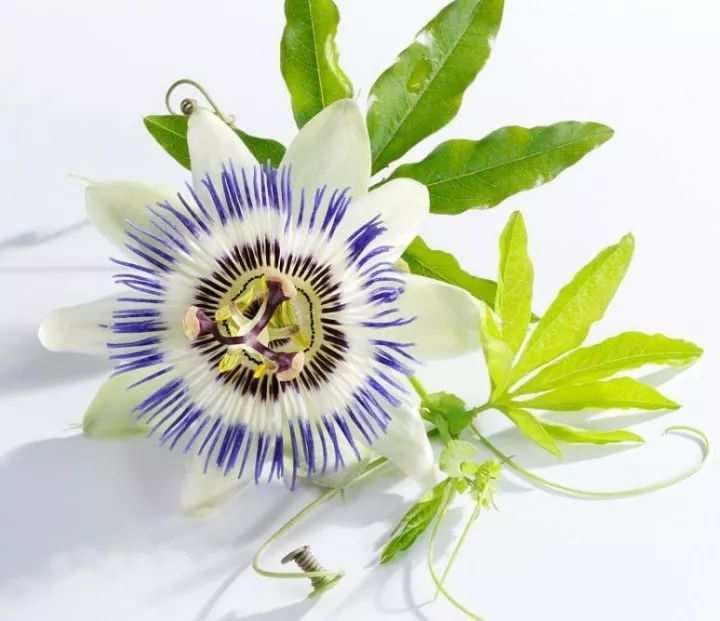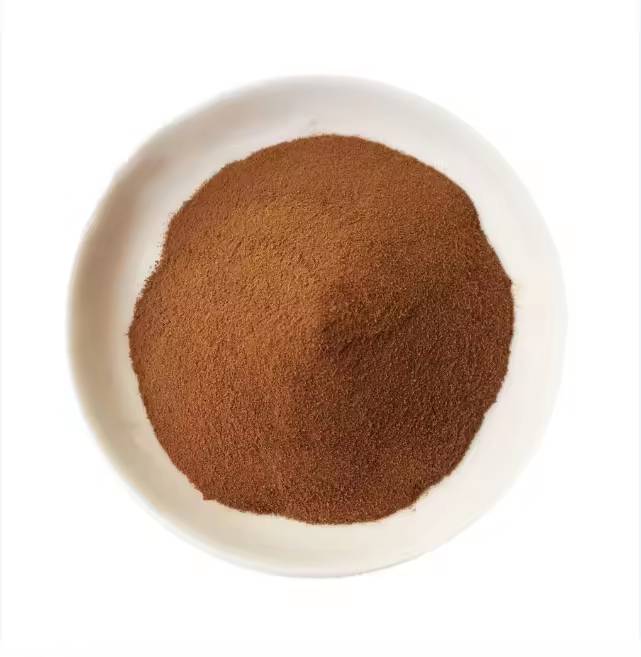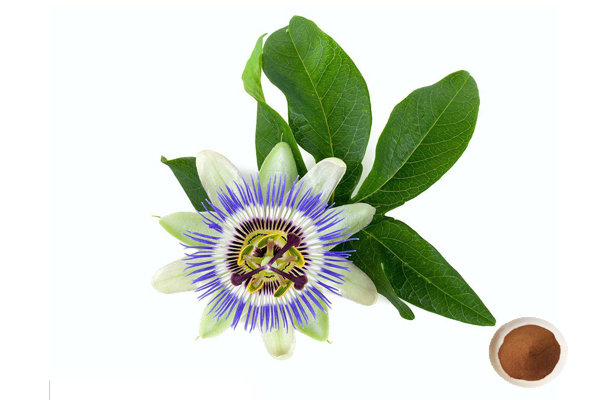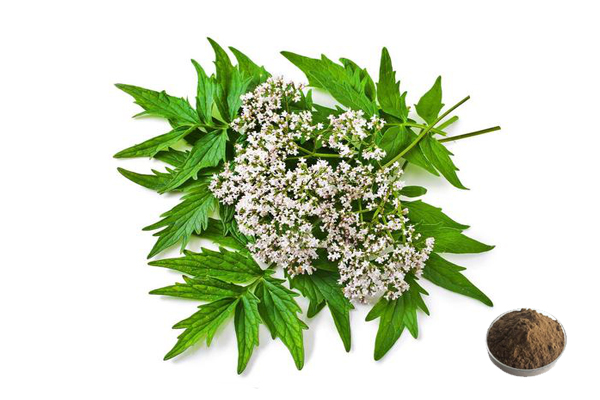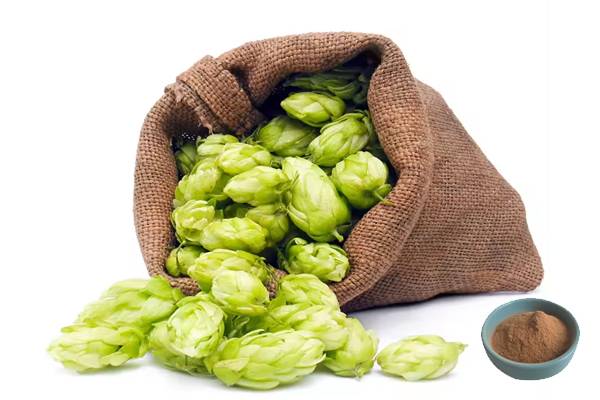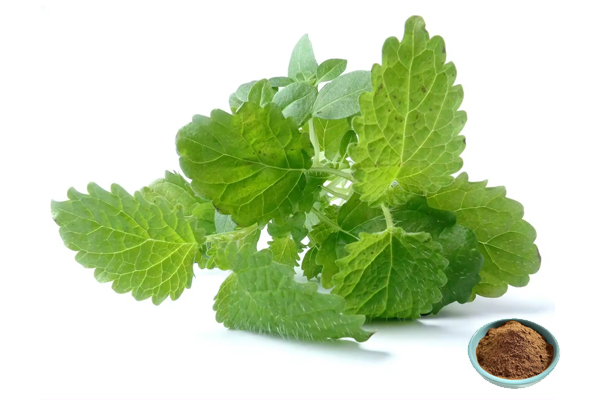Extracto de pasiflor al 5% de flavonoides
Fuente: hierba entera de la pasiflora
Nombre en latín :Passiflora Incarnata L.
Ingredientes activos: flavonoides
Ensayo :5%
Método de ensayo :UV
Aspecto: polvo fino de color amarillo café
Residuos de plaguicidas: cumplir con la norma (CE) n º 396/2005
- descripción
- Hoja de datos
- Certificado de certificado
-
¿Qué es el extracto de pasiflora?
El extracto de pasiflor es un ingrediente activo en polvo de color marrón claro extraído de la hierba entera de Passiflora incarnata L., familia Passifloraceae. Como los flavono, que contienen apigenina y lignanos, que son los principales fitoconstituyentes de la ansiedad. Estos compuestos interactúan con receptores en el cerebro humano, como los receptores GABA, que están implicados en la función de regulación de la ansiedad y promover la relajación. Además, otros compuestos que se encuentran en la pasiflor, como los alcaloides de hamala y el maltol, también contribuyen a los efectos terapéuticos.
La tecnología de primavera verde proporciona extracto de pasiflor 5% de flavonoides, que es estable, tiene buena solubilidad, es claro y transparente después de disuelto en agua, no tiene precipitación, y mantiene el sabor original y el color de la materia prima. El producto ha superado la prueba de identificación, y los metales pesados, residuos de disolventes, microbiy HAP están en línea con las normas europeas.
Fundada en 2000, Green Spring es una compañía biotecnológica líder en China. Green Spring tiene un sistema sistemático de gestión de la calidad y organiza la producción siguiendo las normas ISO, HACCP y otros estándares de calidad. Con un laboratorio de pruebas independiente e instrumentos de prueba avanzados, Green Spring ha establecido un sistema de trazabilidad perfecto. Todos los productos implementan los m ã ¡S altos est ã ¡Ndares internacionales de la industria, cumpliendo con los est ã ¡Ndares de la UE EC396, EU 2023/915, y los m ã ¡S altos est ã ¡Ndares de residuos de disolventes.
Especificaciones:
Nombre del producto
Extracto de pasiflor
Nombre latino
Passiflora Incarnata L.
fuente
Hierba entera de la flor de la pasión
Principios activos
flavonoides
especificación
5%
Método de ensayo
UV
apariencia
Polvo fino de color amarillo oscuro
Residuos de plaguicidas
Cumplir con la norma (CE) n º 396/2005
Reglamento:
Se ajusta a la normativa de la UE.
Learn More About Our Comprehensive Standardized Passionflower Extract Solution.
¿Busca un presupuesto?Benefits:
Helps with Sleep
Passionflower extract has neuroleptic properties, including mild sedative and anxiolytic effects. In tests conducted in the 1930s, its mode of action is different from that of most sedatives (sleeping pills), making it a non-additive class of herb that promotes relaxation. Passionflower extract shortens sleep latency and prolongs the duration of slow-wave sleep (SWS), suggesting that the plant has hypnotic properties or may be used in the treatment of insomniacs who have difficulty falling asleep.
Passionflower's sedative effects have made it popular in the treatment of a wide range of disorders including nervousness and insomnia. Research indicates that it has a complex effect on the central nervous system (CNS), which may account for its overall neuroleptic effects. Scientific studies have shown that passionflower extract is rich in vitexin. Vitexin is an apigenin flavonoid glycoside that has a variety of pharmacological effects, including antioxidant, pain-relieving, neuroprotective, and sedative effects.
Anxiety Relief
A randomized, double-blind study published in the Journal of Clinical Pharmacy and Therapeutics has shown that passionflower extract is as effective as common anti-anxiety medications in reducing anxiety symptoms. In addition, GABA is a neurotransmitter known for its calming properties, and passionflower extract is relatively high in GABA. Passionflower extract has been shown to enhance the effects of GABA, which is evident in the contribution it can make to anxiety relief.
Antispasmodic
Passionflower extract has an antispasmodic effect on smooth muscles in the body, including the digestive system. In animal experiments, researchers have found that the plant slows down the passage of food through the digestive tract, thus facilitating digestion.
Sedative
Passionflower likewise has an anti-spasmodic effect on smooth muscles in the body, which includes the digestive system. In animal studies, researchers have found that the plant slows the passage of food through the digestive tract, thereby facilitating digestion. Several controlled studies have confirmed the sedative effects of passionflower on the central nervous system. It helps to reduce general anxiety and worry before anaesthesia, dental treatment, and surgery. In a controlled clinical trial at the University of Tehran, Iran, passionflower extract was shown to be as effective as the sedative benzodiazepines in the treatment of generalized anxiety disorder.
Applications:
For Healthcare Products:
Passionflower extract has neuroleptic properties, including mild sedative and anxiolytic effects. In tests conducted in the 1930s, its mode of action was found to be different from that of most sedatives (sleeping pills), making it a non-additive herb that promotes relaxation. Passionflower's sedative effects have made it popular in the treatment of a wide range of disorders including nervousness and insomnia. Studies point to passionflower's complex effects on the central nervous system (CNS), which may account for its overall neuroleptic effects.
Passionflower has a long history of medicinal use, with medicinal values originating with the Indians of the Americas, where it was commonly used to treat insomnia, anxiety and epilepsy. It later spread to Europe and around the world and has been used for a variety of conditions such as anxiety, insomnia, hysteria, neurasthenia, as well as inflammation, cramps, diarrhoea, dysmenorrhoea and neuralgia. Passionflower is currently included in the national pharmacopoeias of the United Kingdom, France, Germany, and Switzerland, and is described in the British Herbal Pharmacopoeia and Compendium of British Herbal Medicines, ESCOP, EMA, the German Homoeopathic Pharmacopoeia, and the American Homoeopathic Pharmacopoeia.
-
Get Your Free COA


 inglés
inglés francés
francés español
español ruso
ruso coreano
coreano Japonés japonés
Japonés japonés



